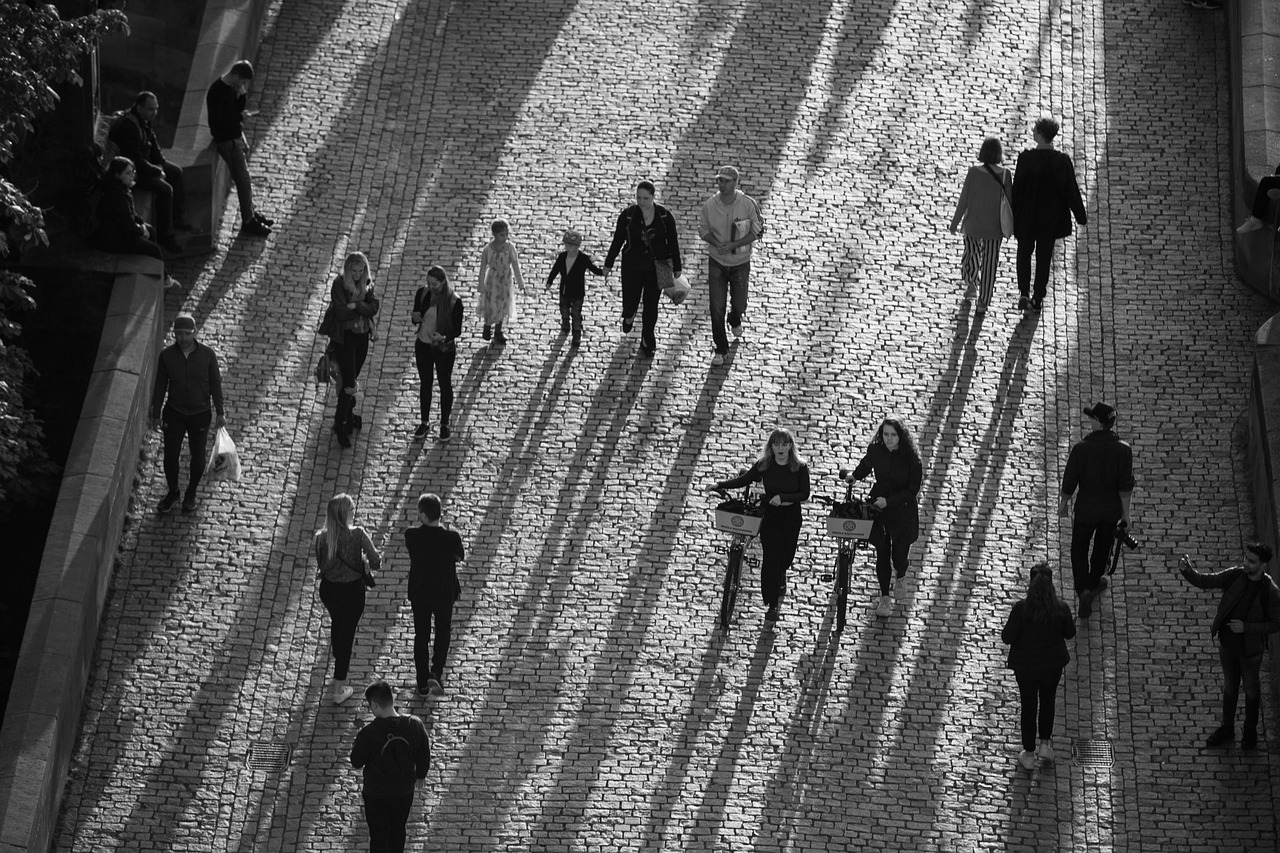Germany’s Defense Strategy Amid European Instability

European geopolitical instability Germany
Germany, long synonymous with stability and peace following the devastation of World War II, is experiencing a growing sense of unease among its citizens. This shift is rooted in the dramatic geopolitical changes since Russia’s 2022 invasion of Ukraine, which shattered the long-held assumption that war on European soil was unthinkable. As tensions rise, German society is grappling with the possibility that conflict could once again touch their homeland, prompting a reconsideration of national defense, civil preparedness, and public sentiment.
Historically, Germany has embraced the pledge “Never again” as a cornerstone of its post-war identity—rejecting fascism, war, and militarism. This commitment shaped a generation that viewed peace as an inviolable norm. However, the unpredictable actions of authoritarian regimes and shifting global alliances are challenging this outlook. The specter of war involving German soldiers on German soil is no longer a distant nightmare but a tangible fear discussed openly across social and political spheres. This emerging reality has profound implications for policy and daily life across the country (DER SPIEGEL, 2025).
Germany defense rearmament strategy
The renewed threat perception has catalyzed a significant policy pivot in Berlin. In March 2025, the German parliament amended constitutional constraints on military spending, enabling the government to allocate hundreds of billions of euros toward modernizing the Bundeswehr and expanding defense capabilities. This bipartisan commitment, led by Chancellor Friedrich Merz’s conservative coalition and the Social Democrats, signals a departure from decades of restrained military investment. Germany aims to acquire advanced drones, missiles, and air defense systems, reflecting a strategic response to the multi-dimensional threats looming over Europe (DER SPIEGEL, 2025).
At the recent NATO summit in The Hague, member countries agreed to increase defense expenditures to 5 percent of GDP, underscoring a collective acknowledgment of global instability. The alliance faces multiple hotspots from Ukraine to the Middle East and Asia, necessitating enhanced readiness. Germany’s internal debate now includes controversial proposals such as participating in nuclear sharing programs and developing domestic missile defense systems modeled after Israel’s Iron Dome. These initiatives reflect a pragmatic, if uneasy, acceptance that traditional postwar pacifism must yield to contemporary realities (DER SPIEGEL, 2025).

Community Preparedness Strategies
The shifting geopolitical landscape has also spurred a grassroots movement toward civil preparedness. Many Germans are taking concrete steps to ready themselves for emergencies that once seemed implausible. Federal agencies like the Federal Office for Civil Protection and Disaster Assistance (BBK) have expanded training programs, with over half a million participants by the end of 2024 learning first aid, self-protection, and emergency planning. These courses emphasize practical readiness, such as assembling backpacks with essential supplies, securing digital copies of important documents, and understanding radiation exposure protocols (DER SPIEGEL, 2025).
Individuals like Lena Speckmann, a linguist from Berlin’s Neukölln district, embody this cautious pragmatism. Despite political leanings critical of militarization, Speckmann supports a capable national defense and maintains a modest survival kit and emergency backpack. For her and many others, these preparations serve as psychological reassurance amid uncertainty rather than a sign of imminent conflict. Similar efforts are mirrored at the municipal level, where infrastructure adaptations—such as converting underground garages into emergency shelters—are underway, inspired by models from countries like Israel and Finland (DER SPIEGEL, 2025).
private bunkers personal security investment
Beyond public initiatives, a significant segment of the population is investing in private protective measures. The construction of personal bunkers has become a visible symbol of the new security mindset. Christian Klaus, a craftsman and entrepreneur in southern Germany, has built a reinforced concrete bunker beneath his home, designed to withstand nuclear blasts within a close radius. Klaus’s motivations are shaped by vivid war experiences shared by acquaintances from Ukraine and a desire to safeguard his family against worst-case scenarios. His example illustrates a growing market for high-cost, individual survival infrastructure that parallels broader societal anxieties about large-scale conflict (DER SPIEGEL, 2025).
While such measures may seem extreme to some, they highlight a critical dimension of the public psyche: a mix of fear, pragmatism, and self-reliance in response to geopolitical instability. These private investments raise questions about social cohesion, equitable access to protection, and the psychological impact of living under the shadow of potential warfare.

democratic preparedness and social values
The German experience today presents a complex balancing act. On one hand, the government and citizens recognize the necessity of preparing for risks that were once dismissed as unlikely. On the other, there is a need to preserve democratic openness, prevent militarization from undermining civil liberties, and avoid fueling panic or fatalism. The new defense spending and civil protection programs represent deliberate efforts to strengthen resilience without abandoning the core values that have defined postwar Germany.
Questions remain about how these policies will evolve and how the public will respond over time. Will increased military readiness deter conflict or escalate tensions? How will societal trust be maintained as security concerns grow? What role should Germany play within NATO and Europe at large in this volatile environment? The answers will require ongoing dialogue, transparency, and careful policymaking informed by diverse perspectives. Engaging citizens in these discussions is essential to ensure that preparation does not become paranoia, but rather a foundation for sustainable peace and security (DER SPIEGEL, 2025). What are your thoughts on Germany’s evolving security stance? How should individuals and governments balance preparedness with maintaining social cohesion?
① Understand the geopolitical shifts prompting Germany’s renewed sense of insecurity
② Recognize the government’s unprecedented defense spending and military modernization plans
③ Embrace community and individual preparedness efforts as part of a broader resilience strategy
④ Evaluate the implications of private security investments like bunkers on society
⑤ Foster public dialogue to align security measures with democratic principles and social trust




